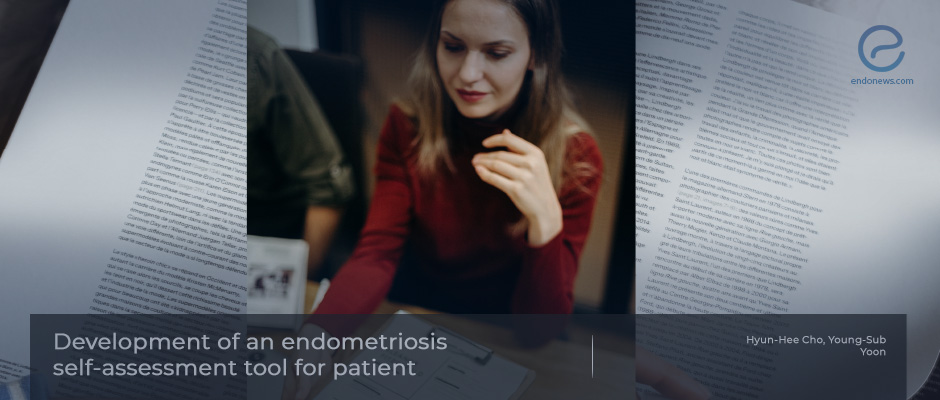New Endometriosis Self-Assessment Tool Could Help Women Seek Timely Medical Attention
Aug 19, 2022
The self-assessment tool may ensure more women with endometriosis receive the right diagnosis and treatment.
Key Points
Highlights:
- Researchers developed an endometriosis-self assessment tool that can alert them that they should seek medical attention and treatment.
Importance:
- With more than half of women with endometriosis thinking that their symptoms are normal, the self-assessment tool can ensure that women receive timely diagnosis and treatment.
What's done here:
- Researchers conducted in-depth interviews with 12 women diagnosed with endometriosis as well as a literature review about the symptoms of the disease to develop the tool.
- They then tested the validity and reliability of the tool in 117 women with endometriosis and 25 controls without the disease.
Key results:
- The tool allows women to reliably determine their likelihood of having endometriosis based on the score they obtain.
Limitations:
- The validity and reliability of the tool were tested in a relatively small number of women with endometriosis.
Lay Summary
Researchers from Korea developed a self-assessment tool that may allow women to determine their risk of endometriosis. They described the tool in an article they published in the scientific journal Obstetrics & Gynecology Science. “The devised tool appears valid and reliable,” the researchers wrote.
This tool is valuable because more than half of women with the disease do not think to have a medical problem of any significance and that the period pain they experience is normal, which significantly delays diagnosis and treatment.
The tool was developed based on in-depth interviews with 14 women with endometriosis diagnosed by laparoscopic surgery as well as a literature review of the symptoms. It works by distinguishing between normal and pathological symptoms related to menstruation and comprises 21 items and 4 components. These components are gastrointestinal symptoms, painful periods, usual symptoms, and the amount and characteristics of periods.
The researchers tested the validity and reliability of the tool in 117 women with endometriosis and 25 controls without the disease. They found that the scores obtained using the tool were able to differentiate endometriosis from non-endometriosis at a cut-off score of 50. In other words, women with a score of more than 50 points were more likely to have endometriosis than those with a score of 50 or lower.
“We emphasize that the [endometriosis self-assessment tool] is not a diagnostic tool to be used in hospitals but rather a self-assessment tool that informs women of their likelihood of endometriosis prior to diagnosis,” the researchers wrote. They added that they hope that the tool “might alert women that their symptoms should be taken seriously and that they should consider seeking advice from professional obstetrician/gynecologists.”
Research Source: https://pubmed.ncbi.nlm.nih.gov/35381626/
self diagnosis self-assessment endometriosis symptoms interview literature review

